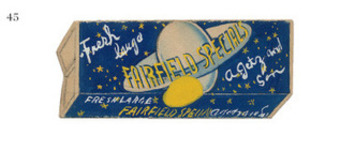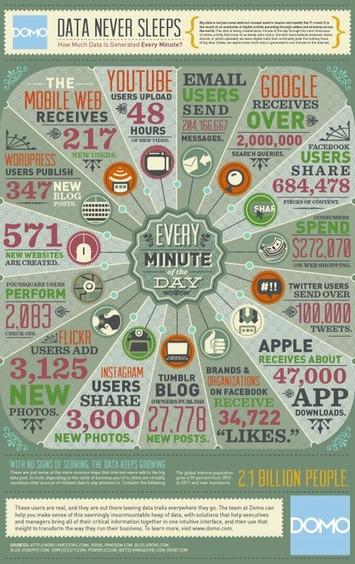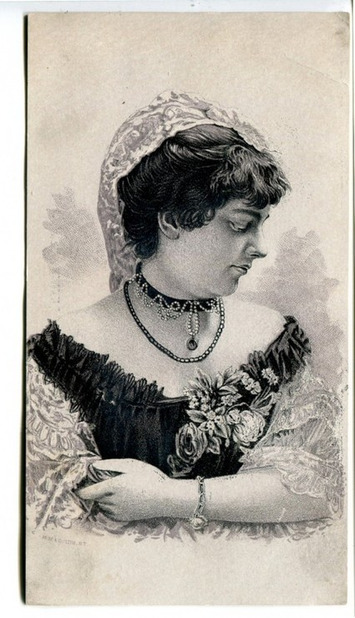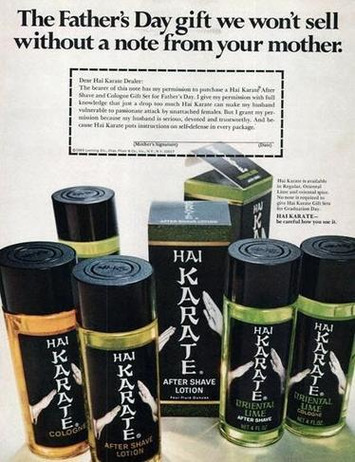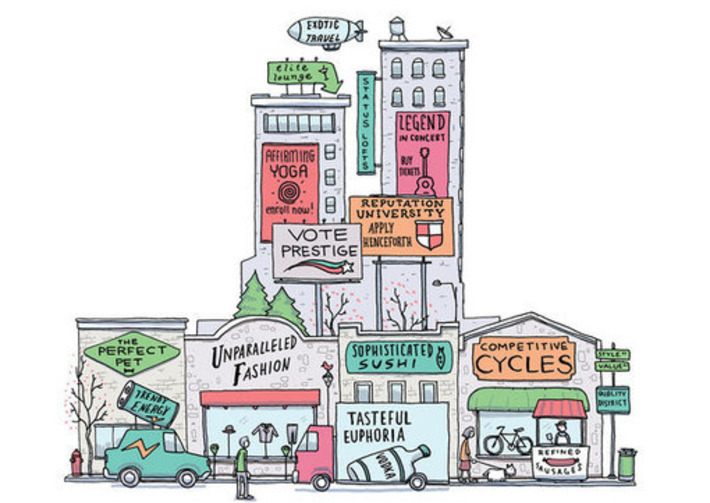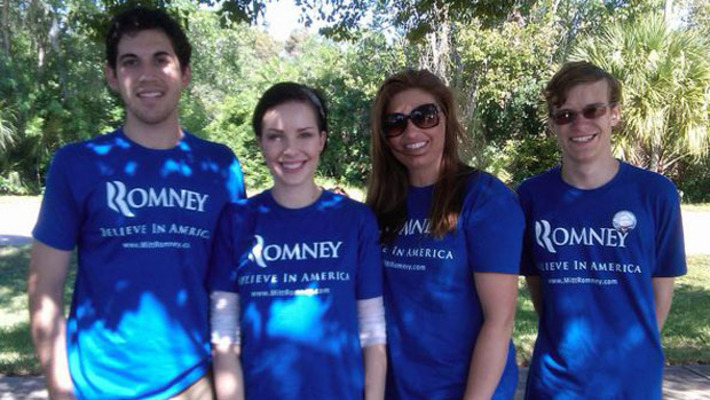Robin Good: "A throwdown about the term "curator"". This is the title that Suse Cairns gave to her recent article, in which she opens by writing: "Lately, questions about the bastardisation of the term curator have been emerging around the blogosphere.
The Hermitage Museum wrote An Open Letter to Everyone Using the Word ‘Curate’ Incorrectly on the Internet, and Digital Transformations recently asked whether DJs are curators, and vice versa.
Their opening volley caught my attention:
"The word ‘curator’ gets used liberally these days to talk about stuff people do on the web. But does that devalue the term?
Is there any way what someone does on Facebook is comparable to the years of training and knowledge which goes into curating collections in museums and galleries?"
I believe that if Suse Cairns had the opportunity to see the real work that goes into professional content or news curation, she would not hesitate an instant in recognizing how skilled and experienced a person must be, in several disciplines, to even consider attempting doing such a job.
On the other hand, I can't but agree with her colleagues who are pulling their hair in disgust when they see people proudly "picking" and republishing other people content "as is" while defining themselves as "curators".
I must also convene with her complaining colleagues that curation has little or nothing to do with personal expression and social sharing, two reputable and valuable activities, which can be carried out with similar tools, but which require very different skills and time, and which have very little in common beyond the immediate surface.
If one does not look or pay attention at these small details it is very easy to get caught into misleading generalizations (content curation is useless, etc.).
I am actually pointing to this article, not so much for the good effort that Suse Cairns to reconciliate traditional museum curators with the new self-acclaimed content curators, but for the excellent series of comments that her short article did spark.
Among them, I have excerpted this little gem from Suse herself: "I’m reading Stephen E. Weil’s Rethinking the Museum, and there is a section that seems entirely appropriate to this discussion.
On page 53, Weil discusses the work of John Cotton Dana, and writes “In his 1917 book The New Museum, Dana urged that museums of the future make a special effort to attract the young and to interest them in making collections of their own – collections that they might ultimately share with the public. This development of the collecting habit, he wrote:
“...with its accompanying education of powers of observation, its training in handiwork, its tendency to arouse interests theretofore unsuspected even by those who possess them, its continuous suggestions toward good taste and refinement which lie in the process of installing even the most modest of collections, and its leaning towards sound civic interest through doing for one’s community a helpful thing – this work of securing the co-operation of boys and girls, making them useful while they are gaining their own pleasure and carrying on their own education, is one of the coming museum’s most promising fields.”"
With this idea in mind, maybe this idea of collecting or “curating” online – even if it were only simple list-making – can be seen as an interesting, useful and positive thing."
Inspiring. Sense-making. 9/10
Read the full article and ALL the comments here: http://museumgeek.wordpress.com/2012/04/15/a-throwdown-about-the-term-curator/ ;
Via
Robin Good



 Your new post is loading...
Your new post is loading...









![Tweets do affect Rankings [Study] | A Marketing Mix | Scoop.it](https://img.scoop.it/ybeNosXqFKeqNzzs-BHvwXkes5yE2Br8B0LnubnjJ88=)



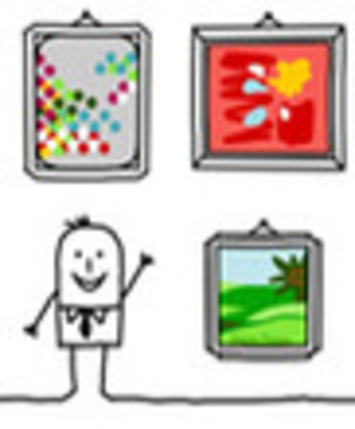


![SEO Is More Important Than Social Media [INFOGRAPHIC] | A Marketing Mix | Scoop.it](https://img.scoop.it/U3yCKYiKqStn3kG-L2LGo3kes5yE2Br8B0LnubnjJ88=)

